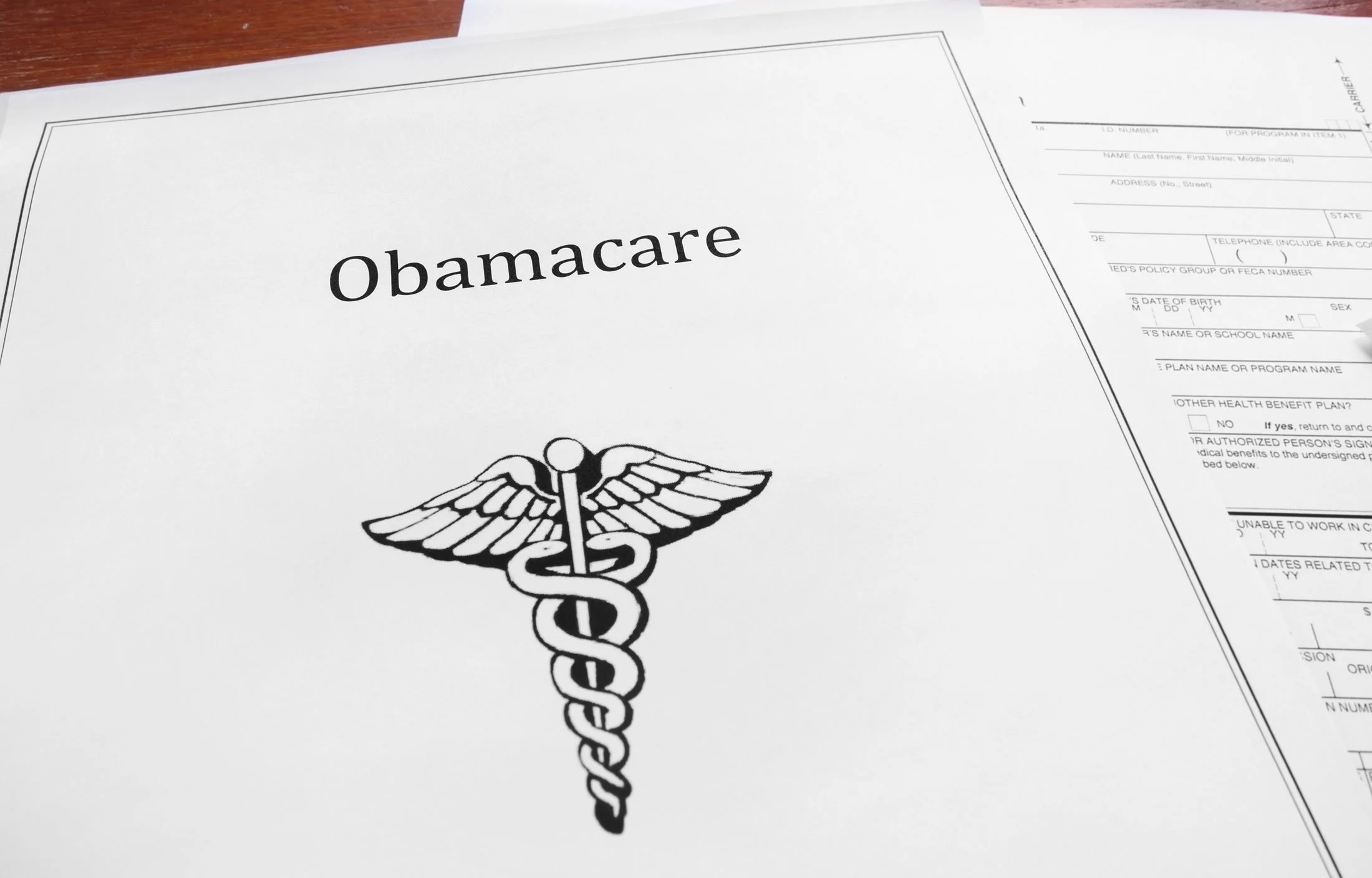
Healthcare Options for People Who Aren’t Eligible for Medicare Until 65
Many people don’t realize that Medicare eligibility doesn’t begin until age 65. So, if you’re retiring or losing employer-sponsored health insurance, what are your options for healthcare coverage in the meantime? Here’s what you need to know.

Employer-Sponsored Health Insurance
If you’re still working, you may be able to stay on your employer’s health plan until you turn 65. Some employers also offer retiree health benefits, so check with your HR department.
COBRA Coverage
If you recently left a job with employer-provided health insurance, you may qualify for COBRA. This allows you to continue your previous health coverage for up to 18 months (sometimes longer), but you’ll pay the full premium, which can be expensive.
ACA Marketplace Plans (Obamacare)
The Affordable Care Act (ACA) Marketplace offers health insurance plans with potential subsidies based on your income. If you have limited income, you may qualify for lower premiums and reduced out-of-pocket costs. Open enrollment typically runs from November to January, but certain life events, like retiring, qualify you for a Special Enrollment Period.

Spouse’s Health Insurance Plan
If your spouse is still working and has employer-sponsored insurance, you may be able to join their plan. This is often a cost-effective solution.
Short-Term Health Insurance
Short-term health plans can provide temporary coverage, but they often come with limitations such as exclusions for pre-existing conditions. They’re best for people who are in good health and just need a safety net until Medicare kicks in.

Medicaid
(for Low-Income Individuals)
If your income and assets are low enough, you might qualify for Medicaid, which provides free or low-cost healthcare coverage. Eligibility rules vary by state, so check with your state’s Medicaid office.
Health Sharing Ministries
These are faith-based programs where members contribute to each other’s medical expenses. They are not traditional insurance, but they can help cover major medical costs at a lower price.

Private Health Insurance
Some private insurers offer individual health plans outside of the ACA Marketplace. These may be an option if you don’t qualify for subsidies but want comprehensive coverage.

Final Thoughts
If you need health coverage before Medicare at 65, you have multiple options. The best choice depends on your budget, health needs, and employment status. Exploring ACA subsidies, COBRA, or spousal coverage can help bridge the gap until you become Medicare-eligible. If you need help navigating your options, reach out for guidance!









